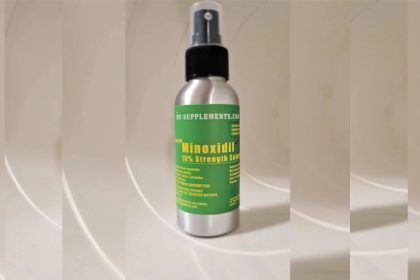Furthermore, in the event of an accident, window privacy film one way can hold shattered glass together, preventing it from scattering and potentially causing harm to passengers. This safety feature makes tinted windows a valuable addition to vehicles.
Legal Considerations and Professional Installation
Before tinting windows, it’s essential to be aware of local regulations regarding the darkness of tint allowed on vehicles or buildings. Different regions have specific laws and restrictions regarding the percentage of visible light transmission (VLT) permitted for window tinting, ensuring that visibility remains adequate for safe driving or conforming to building codes.
Professional installation is highly recommended for window tinting to ensure a quality application that adheres properly to the glass surface. Skilled technicians have the expertise and equipment to apply the tint accurately, minimizing the risk of air bubbles, peeling, or imperfections that could affect its performance or longevity.
In conclusion, window tinting offers a range of benefits, including increased privacy, UV protection, heat reduction, glare reduction, and enhanced safety. Whether for vehicles, homes, or commercial buildings, tinted windows can significantly improve comfort, security, and energy efficiency while also adding a sleek and stylish appearance. Considering the advantages it brings,

